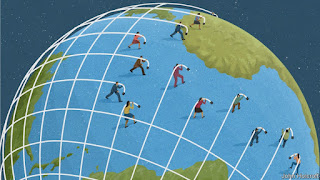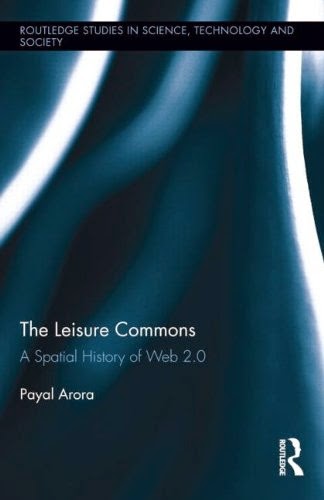The Economist coverage of my Next Billion Users book

I have been a loyal subscriber of The Economist for more than a decade. I first got introduced to it during my Masters program in International Policy at Harvard University where everyone pretty much cited it to make their argument. I am well aware of their neo-liberal bias but am always appreciative of their strong voice, international perspective, and innovative lens to very different and often hidden trends in the current societies. So, of course I was absolutely thrilled to see an article grounded in my new book 'The Next Billion Users" with Harvard Press titled, How the pursuit of leisure drives internet use. Some of their quotes from the article are as follows. "According to Payal Arora, a professor at Erasmus University in Rotterdam, the internet is the leisure economy of the world’s poor. Until recently, talk of connectivity in the poor world has almost invariably been clothed in the pragmatic and well-meaning language of development. Aid a...





